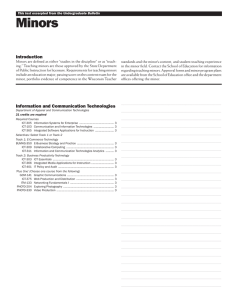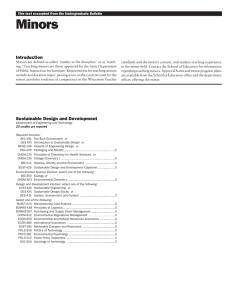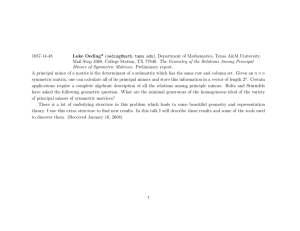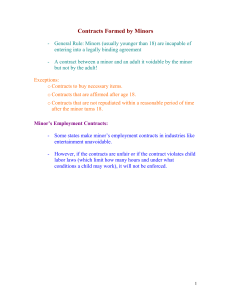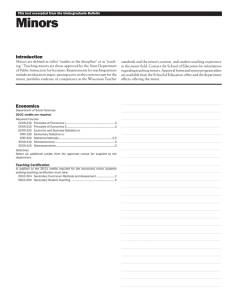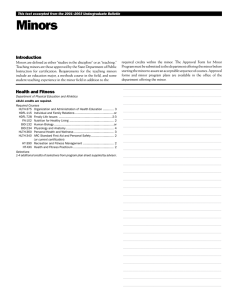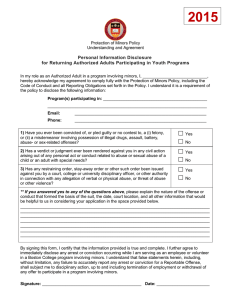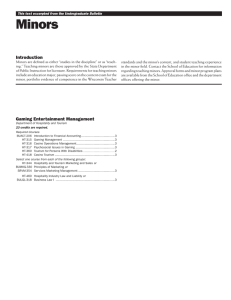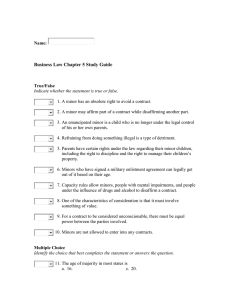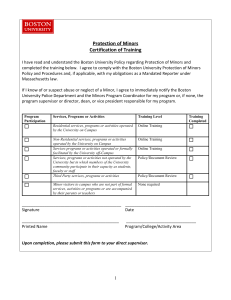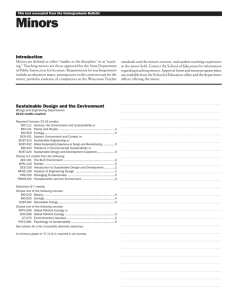Intervention Models and Contexts of Protection
advertisement
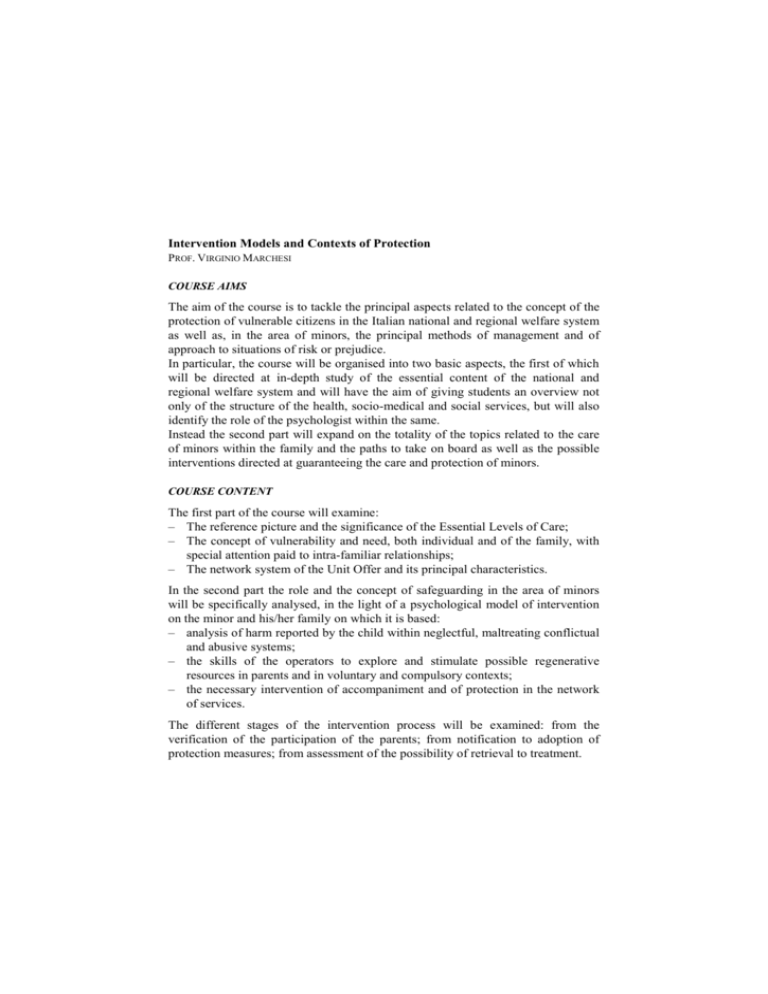
Intervention Models and Contexts of Protection PROF. VIRGINIO MARCHESI COURSE AIMS The aim of the course is to tackle the principal aspects related to the concept of the protection of vulnerable citizens in the Italian national and regional welfare system as well as, in the area of minors, the principal methods of management and of approach to situations of risk or prejudice. In particular, the course will be organised into two basic aspects, the first of which will be directed at in-depth study of the essential content of the national and regional welfare system and will have the aim of giving students an overview not only of the structure of the health, socio-medical and social services, but will also identify the role of the psychologist within the same. Instead the second part will expand on the totality of the topics related to the care of minors within the family and the paths to take on board as well as the possible interventions directed at guaranteeing the care and protection of minors. COURSE CONTENT The first part of the course will examine: – The reference picture and the significance of the Essential Levels of Care; – The concept of vulnerability and need, both individual and of the family, with special attention paid to intra-familiar relationships; – The network system of the Unit Offer and its principal characteristics. In the second part the role and the concept of safeguarding in the area of minors will be specifically analysed, in the light of a psychological model of intervention on the minor and his/her family on which it is based: – analysis of harm reported by the child within neglectful, maltreating conflictual and abusive systems; – the skills of the operators to explore and stimulate possible regenerative resources in parents and in voluntary and compulsory contexts; – the necessary intervention of accompaniment and of protection in the network of services. The different stages of the intervention process will be examined: from the verification of the participation of the parents; from notification to adoption of protection measures; from assessment of the possibility of retrieval to treatment. READING LIST L. DEGANI-R. MOZZANICA, Integrazione socio sanitaria. Le ragioni, le regioni, gli interventi, Maggioli Editore, 2009. D. GREGORIO-M. TOMASICH, Tra famiglia e servizi:nuove forme di accoglienza dei minori, F. Angeli, 2006. TEACHING METHOD The course will be held with theory lectures alternating with discussion on predetermined topics, presentation of real cases in interaction with students and with the possible participation of operators employed in specific services. ASSESSMENT METHOD An oral exam with the option of carrying out a piece of work, individual or in a group, that will be discussed orally. NOTES Further information can be found on the lecturer's webpage at http://docenti.unicatt.it/web/searchByName.do?language=ENG or on the Faculty notice board.
